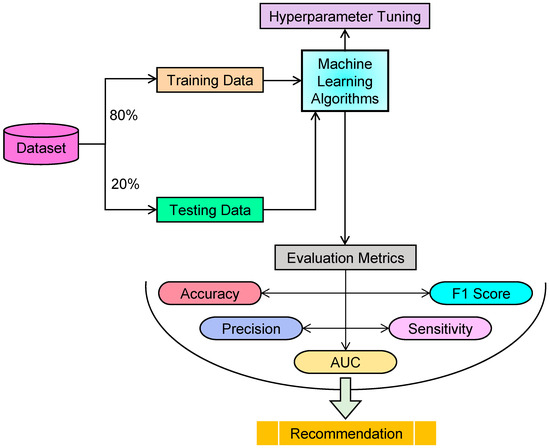AI Can Diagnose a Progressive Illness — 86% Accurate Study Finds
Researchers at the University of Rochester introduce PARK — a browser based AI that detects Parkinson’s disease from home tests with 86% accuracy and may integrate with smart speakers to improve early screening and accessibility .
A newly developed AI tool called PARK shows promising results in the early detection of Parkinson’s disease a progressive neurological condition typically diagnosed around age 70. Developed by researchers at the University of Rochester PARK identifies potential symptoms with up to 86% accuracy based on a recent clinical study .
Overview of the PARK System
PARK is a browser based platform designed to assess early signs of Parkinson’s through short remote neurological tasks. It can also be adapted to work with smart home assistants like Amazon Alexa and Google Assistant .
Also Read : Lydia Plath Explains Her Familys Grocery Shopping vs the Duggars
Tasks include:
- Speech analysis through sentence reading
- Facial expression tracking
- Finger movement exercises
For example participants recite sentences that use all letters of the alphabet allowing PARK to assess breathing patterns speech pauses and clarity — potential signs of early neurological decline .
Accuracy + Data Sources
PARK was trained on data from more than 1300 individuals across various environments including clinical in home and care center settings such as the InMotion Parkinson’s Center in Ohio. Though not a diagnostic tool PARK’s 86% accuracy in detecting Parkinson’s indicators supports its role in screening + triage .
Access + Integration Potential
The tool runs on any major web browser and may be used in smart home integrations. A user could for example say Screen me for Parkinson’s symptoms prompting the assistant to conduct a brief test. However no formal integration agreements with device manufacturers have been announced yet .
Benefits + Healthcare Access
Many people go undiagnosed for Parkinson’s for years due to lack of access to neurologists. PARK helps close that gap with:
- A simple user friendly design
- Availability on low cost devices
- Potential use in underserved and rural areas
The platform also encourages users to follow up with a clinician if concerning symptoms are flagged .
Caveats + Future Directions
Researchers stress that PARK is a screening tool not a substitute for a medical diagnosis. Further testing across diverse demographics is needed. Key future goals include:
- Ensuring privacy protections
- Maintaining transparency
- Expanding accuracy + inclusivity
Background + Parkinson’s Disease
An estimated 1.1 million Americans live with Parkinson’s a disorder linked to the gradual loss of nerve cells in the brain. Symptoms range from tremors and slowed movement to speech mood and memory issues. Often the disease is diagnosed years after symptoms begin underscoring the value of early detection tools like PARK .

Conclusion
The PARK system represents a leap forward in accessible AI driven healthcare. With 86% accuracy in identifying potential symptoms of Parkinson’s it could revolutionize early detection — especially in areas lacking specialized care. Continued development and ethical implementation will be key to realizing its full potential .
